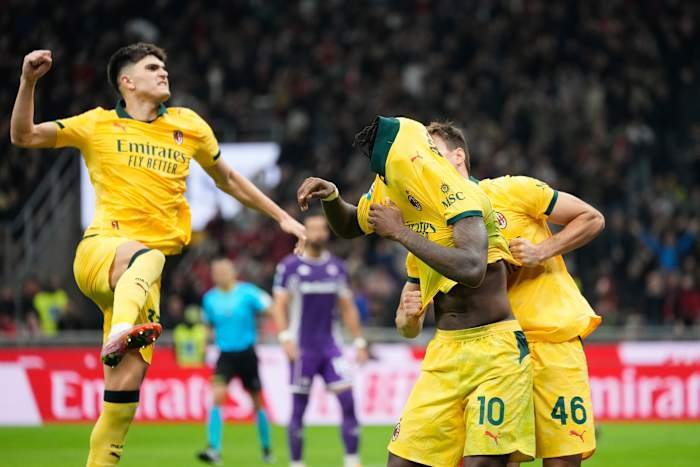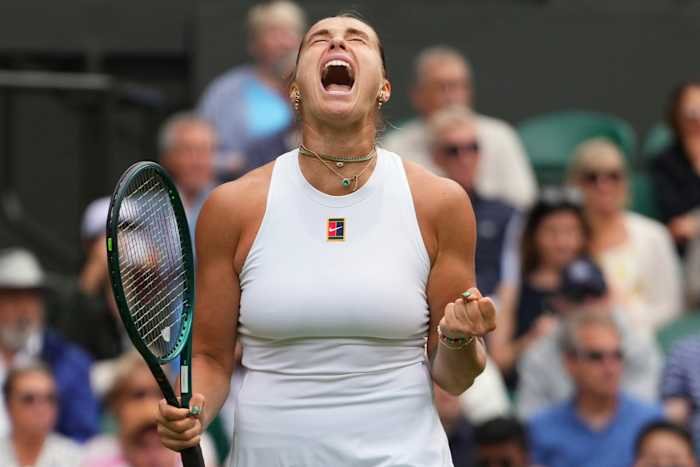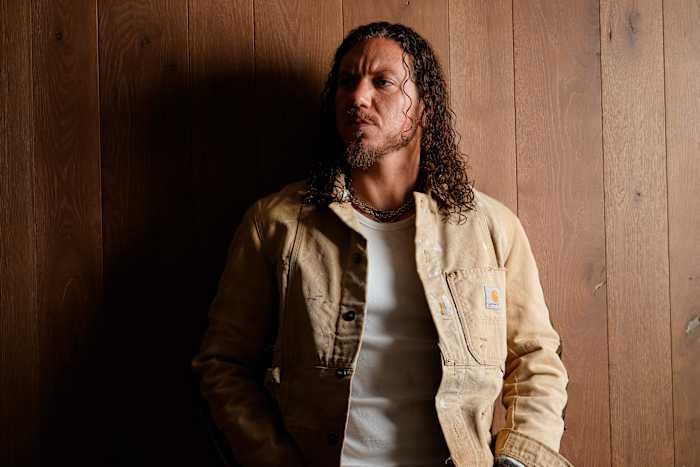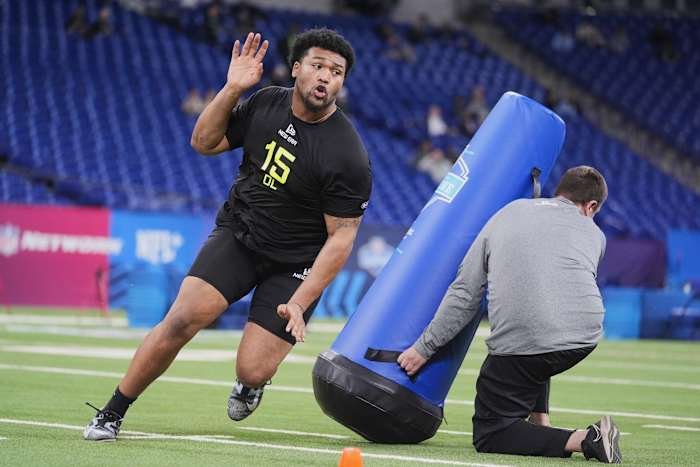Rosalía, the internationally renowned pop sensation, has once again made headlines—this time, not just for her music but for the pandemonium that erupted during a surprise flash mob in Madrid. On Monday, thousands of fans flooded the Spanish capital’s streets to witness the unveiling of the cover for her highly anticipated new album. While the event electrified fans, it also drew sharp criticism from city officials, most notably Madrid’s mayor. As Orlando continues to host major events and international stars, the incident in Madrid offers valuable lessons and talking points for local event organizers and fans alike.
The Flash Mob That Rocked Madrid
It all started with a cryptic social media post from Rosalía teasing a big announcement in Madrid’s bustling city center. Within hours, her fans—collectively known as “Motomamis”—mobilized, converging by the thousands at the designated location. The energy was palpable as Rosalía appeared, revealing the artwork for her new album and performing a brief set amidst the crowd’s ecstatic cheers.
However, what began as a celebration quickly descended into chaos. Overwhelmed by the sheer number of attendees, local authorities struggled to maintain order. Videos circulating online show fans surging through barricades, climbing on street furniture, and blocking traffic as the event spiraled well beyond its intended scope. Emergency services reported minor injuries and several instances of property damage, prompting an immediate response from Madrid’s city officials.
Mayor’s Response: Safety Over Spectacle
Madrid’s mayor, José Luis Martínez-Almeida, was quick to voice his concerns. In a press conference following the event, he criticized the lack of coordination and advance notice given to city authorities. “While we welcome cultural events and the enthusiasm of fans, public safety must always come first,” the mayor stated. He called for clearer communication between event organizers and local officials to prevent similar incidents in the future.
The mayor’s comments have sparked an ongoing debate in Spain about the responsibilities of celebrities and their teams when planning public events. Should flash mobs and surprise gatherings be regulated more strictly? Who is ultimately responsible when things get out of hand? These are questions that resonate far beyond Madrid—and are particularly relevant in cities like Orlando, which frequently hosts large-scale gatherings for major events such as concerts, festivals, and theme park premieres.
Lessons for Orlando: Managing Large-Scale Events
Orlando’s vibrant entertainment scene draws millions of visitors each year, with events ranging from local art festivals to performances by global superstars. While flash mobs and surprise appearances can generate excitement—and valuable publicity—they also pose unique challenges for public safety and city infrastructure.
The Madrid incident underscores the importance of close collaboration between artists, promoters, and city officials. In Orlando, authorities routinely work with event organizers to ensure that permits are secured, crowd control measures are in place, and emergency services are on standby. The city’s experience in handling events at venues like Amway Center and Lake Eola Park demonstrates how proactive planning can help avoid the kind of chaos witnessed in Madrid.
Moreover, Orlando’s diverse population and status as a tourism hub mean that unexpected disruptions can have far-reaching consequences for residents, businesses, and visitors alike. The Rosalía flash mob serves as a timely reminder that even well-intentioned gatherings can quickly escalate without careful preparation.
Fan Culture and the Social Media Effect
Another key factor in Madrid’s flash mob was the role of social media. Rosalía’s massive following—especially among younger fans—ensured her cryptic announcement went viral within minutes. Platforms like Instagram, Twitter, and TikTok have revolutionized how artists connect with their audiences, but they also create logistical headaches for cities unprepared for sudden surges of people.
In Orlando, where social media-driven events are increasingly common, the city has started monitoring trends and hashtags to anticipate potential crowd gatherings. Fans are encouraged to follow official event channels for accurate information and to respect public safety guidelines. As artist-fan interactions continue to evolve, Orlando’s experience highlights the need for adaptability and open communication on all sides.
Moving Forward: A Call for Responsible Celebration
The outcry in Madrid following Rosalía’s flash mob is a valuable case study for cities around the world—including Orlando. Balancing the excitement of spontaneous cultural moments with the necessity of public safety requires cooperation, transparency, and a shared sense of responsibility among artists, fans, and officials.
For Orlando’s event planners and music lovers, the message is clear: with great star power comes great responsibility. By learning from incidents like Madrid’s, we can continue to enjoy the magic of live events—safely and responsibly.
What do you think about the flash mob chaos in Madrid? Should surprise gatherings be more tightly regulated, or is spontaneity part of the fun? Let us know your thoughts in the comments below!
















